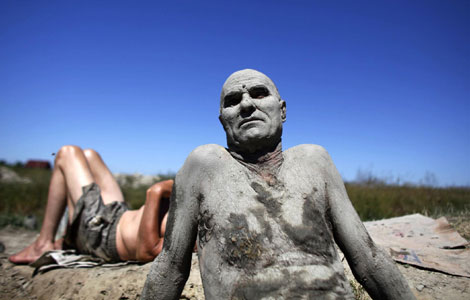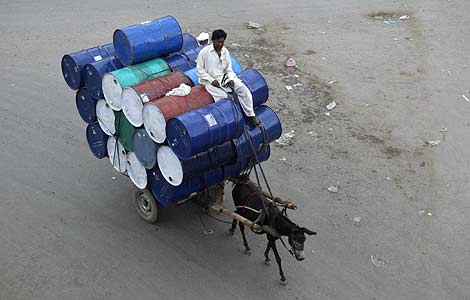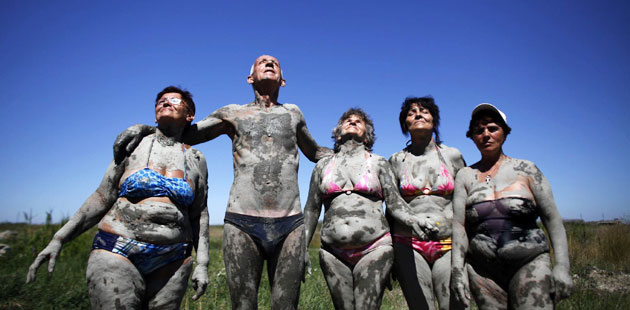Japan welcomes Chinese tourists during holiday
Updated: 2011-08-23 08:32
By He Dan (China Daily)
|
|||||||||||
BEIJING - Japan will further relax its visa policy and provide more convenient services to attract more tourists from the Chinese mainland, said Hiroshi Mizohata, commissioner of the Japan Tourism Agency, which is affiliated with the Ministry of Land, Infrastructure, Transport and Tourism.
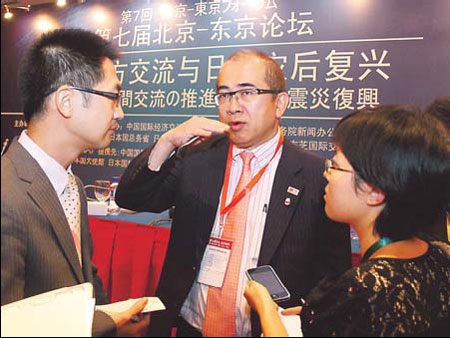 |
|
Japan Tourism Agency Commissioner, Mizohata Hiroshi (center), receives interviews at the forum on Sunday. [Photo / China Daily] |
"Oct 1 is China's National Day, and I hope our Chinese friends can spend their weeklong holidays in Japan," he said during the Seventh Beijing-Tokyo Forum, opening his arms wide in a gesture of welcome.
Since March, Japan has been visited by fewer Chinese tourists, many of whom are worried about the radiation leaked from a nuclear plant in Fukushima, Mizohata told China Daily following a sub-forum that looked at the way local governments in China and Japan cooperate on tourism and cultural exchanges.
In April, the number of Chinese tourists going to Japan was nearly 50 percent below what it had been in the same month a year before, he added.
"We now rarely see Chinese travel tours coming to Kyoto after the earthquake in March," said Keiji Yamada, governor of Kyoto prefecture and also the president of the National Governors Association in Japan.
Kyoto, well-known for its long history, attracts many tourists every year.
"We hope more Chinese tourists can travel in Japan and contribute to Japan's economic recovery," Yamada said.
Responding to the health scares caused by the radiation leak, Yamada said the beef Japan sells at home and for export is safe.
He said Japan has a system for inspecting the safety of food to ensure the origin of all beef that is sold can be traced. He also said there has been a recall of all of the beef that came from cattle that had eaten contaminated feed.
To assure tourists that traveling in Japan is safe, the Japan Tourism Agency also regularly releases up-to-date information about the radiation leaks on its official website for foreign tourists, said Mizohata.
Lin Xiaobing, an officer from the Beijing Zhongguang International Travel Service, a tourism agency in Beijing, said that apart from being worried about radiation, some Chinese travelers have abandoned the idea of visiting Japan because of the "overly strict" requirements a person must meet to obtain a visa to enter the country.
"Although the Japanese government has announced plans to cut the annual income requirement of Chinese applying for tourist visas from 250,000 yuan ($39,000) to 100,000 yuan, a change that will take effect on Sept 1, many people in China still cannot meet that requirement," Lin said on Monday.
Mizohata said his department will urge Japan's Ministry of Foreign Affairs to continue loosening the country's visa rules for Chinese tourists.
Mizohata said he expects more Chinese to visit Japan, and that his goal is to attract 6 million Chinese tourists in 2015. Japanese official statistics show that about 1.4 million Chinese tourists visited Japan in 2010.
- Live Report: Gadhafi on the run as rebels fight
- More trains slow to improve safety
- Trade balance possible next year
- Time to cement China-Japan ties
- Prosecutor to drop Strauss-Kahn case
- CNPC terminates 6 overseas projects
- Trust is vital for China-Japan ties
- Live Report: Gadhafi's rule 'crumbling' in Libya
Hot Topics
Anti-Gay, Giant Panda, Subway, High Speed Train, Coal Mine, High Temperature, Rainstorm, Sino-US, Oil Spill, Zhu Min
Editor's Picks
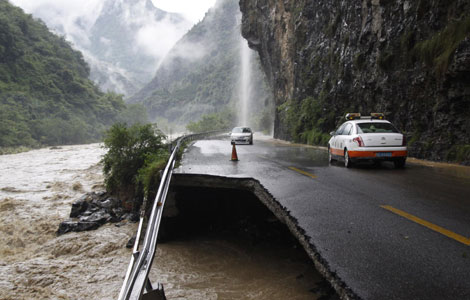
|
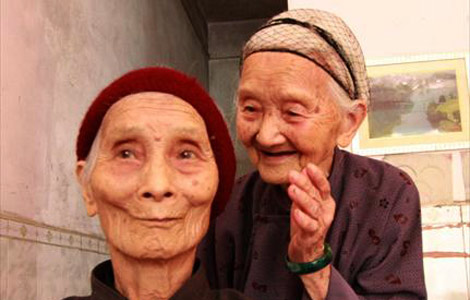
|

|
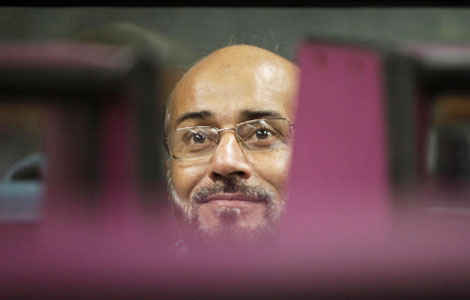
|

|

|


